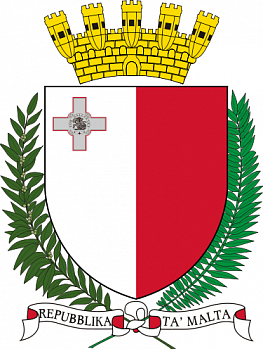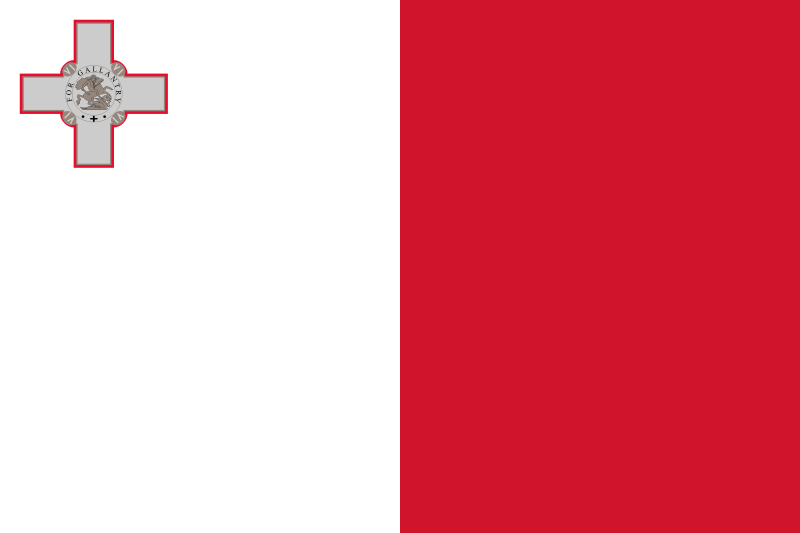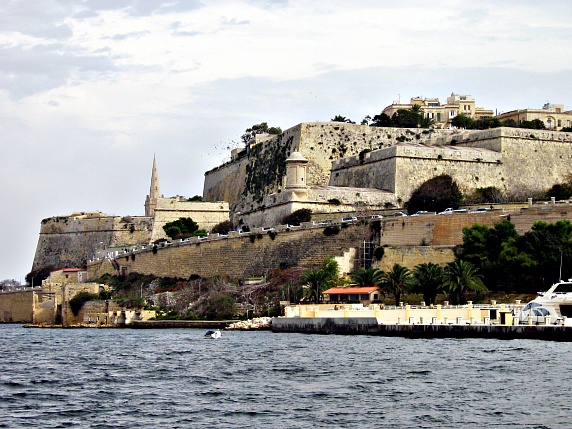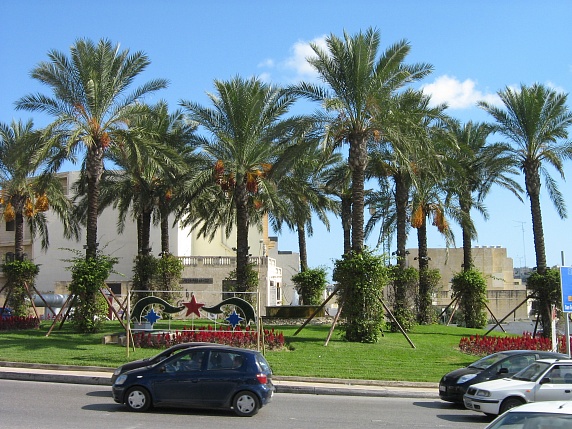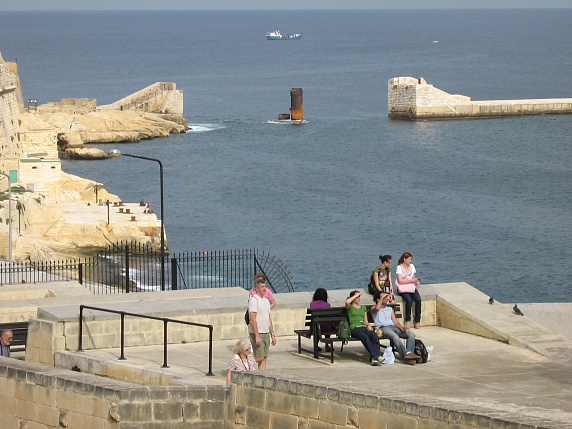 the Republic of Malta
the Republic of Malta
Foreign Minister Sergey Lavrov’s statement at the presentation of the collection of articles “Russia and the Order of Malta. 1697-1817.” Moscow, June 18, 2019
Colleagues and friends,
Today we have gathered to attend the presentation of a truly unique publication – a collection of documentary articles “Russia and the Order of Malta. 1697-1817,” the result of the four-year joint effort of the archive services of the Foreign Ministry of Russia and the Sovereign Order of Malta (SOM). To begin with, I would like to express sincere gratitude to all those who worked on this important project. I would like to convey special words of gratitude to Honorary Consul of the Order of Malta Mikhail Kusnirovich.
This beautifully published book is a graphic example of international humanitarian cooperation. Materials from the Russian Empire’s foreign policy have formed the backbone of this publication. They were impressively supplemented by documents from the SOM archives, the National Library of Malta in Valletta, the National Archives of France, the Archives of the Foreign Ministry of France, the Vatican Secret Archives and the Archives of the Great Magistracy in Rome. The book is illustrated with display items from the collections of the SOM, the State Hermitage
Museum in St Petersburg, and the State Tretyakov Gallery in Moscow.
The majority of the documents in the book date back to the 18th century in which Russia, transformed by Peter the Great and Catherine the Great, acquired the status of a great power and established itself as an inalienable part of world politics. Working together, the St Petersburg Court and the Order of Malta helped Russia become a part of European affairs at that time.
Our cooperation grew closer during the rule of Emperor Pavel I (Paul I). When Europe was shattered by wars, the Russian monarch became a de facto SOM Grand Master for a short time. It could be said that St Petersburg’s patronage
largely helped the Order of Malta to survive that difficult historical period.
Colleagues,
The collection presented today allows readers to restore objectivity through this documentation of the origins of bilateral relations, that resumed in 1992, with the historical facts.
Today, our versatile ties are constructive and friendly. Political contact is making headway. We are committed to peacefully overcoming crises in different parts of the world, including in the Middle East and North Africa. We consistently advocate broad humanitarian aid for the victims of armed conflicts. We have developed a productive exchange of experience in preventing the consequences of natural and man-made disasters and averting emergencies. Today’s joint undertaking also points to a high level of mutual trust.
I am convinced that this book will become a priceless gift for the scholars studying the history of international relations and foreign policy and will facilitate the further development of cooperation between Russia and the Sovereign Order of Malta.

